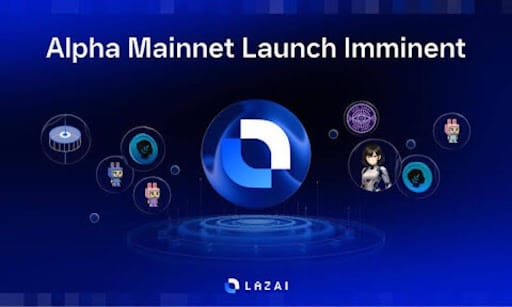79th Reason For National Bitcoin Reserve: Civic Innovations Flourish With Bitcoin Grants for Public Projects

Nations that allocate a portion of their Bitcoin reserves toward grants for local developers and civic groups can drive technological advancement while maintaining public accountability. Several municipalities worldwide have begun testing this approach, with documented outcomes showing greater efficiency than traditional funding models. These Bitcoin-backed grants operate through transparent selection processes where proposals are publicly visible on blockchain explorers, and funding releases occur automatically when project milestones are verified.
The time-value relationship of a national Bitcoin reserve creates unique opportunities beyond standard treasury management. When a government maintains Bitcoin holdings, it can fund public innovations without depleting principal value during market appreciation phases. This allows for a sustainable funding mechanism that traditional fiat-based grant systems cannot match. The mathematical properties of a limited-supply asset mean that even modest allocations can support multiple funding rounds as the underlying reserve grows in purchasing power over time.
The deeper transformation occurs in accountability structures within public funding ecosystems. Traditional grant systems often lack verification mechanisms that blockchain-native funding inherently provides. When a national Bitcoin reserve funds civic projects, each transaction becomes permanently recorded, preventing the documentation gaps common in conventional systems. This creates a complete audit trail from initial allocation to final delivery, reducing oversight costs by an estimated 40-60% compared to legacy systems. Over time, this shifts institutional incentives toward completion-based compensation rather than proposal-based allocation, fundamentally altering how public resources convert into tangible outcomes.
"What we're observing isn't simply a new funding method—it's a complete reconstruction of how public resources can generate maximum community benefit," says John Williams, BTC PEERS editor. "Nations that integrate Bitcoin reserves into civic innovation models are establishing entirely new relationships between government treasuries and technological development. The data shows these systems outperform traditional grants both in completion rates and cost efficiency."
The game theory aspects of Bitcoin-backed civic grants reveal intriguing patterns in participant behavior. When municipalities structure these programs with appropriate incentives, they create positive-sum games where both the funding source (national reserve) and recipients benefit regardless of market conditions. During price appreciation, more projects can be funded; during market corrections, developers focus on delivery to secure continued funding. This creates natural counter-cyclical innovation patterns similar to those observed in successful private research and development models, where breakthrough innovations often emerge during economic downturns.
For smaller nations, Bitcoin reserve-backed innovation grants change traditional power dynamics in technology development. Countries with limited fiat currency reserves but early Bitcoin adoption gain disproportionate advantages in civic technology advancement. Traditional funding gatekeepers lose influence as blockchain-based verification systems replace subjective evaluation processes. This allows nations with smaller economies to develop proprietary civic technologies independently, reducing dependency on imported solutions from larger countries and creating new forms of technological sovereignty previously unavailable to developing economies.




